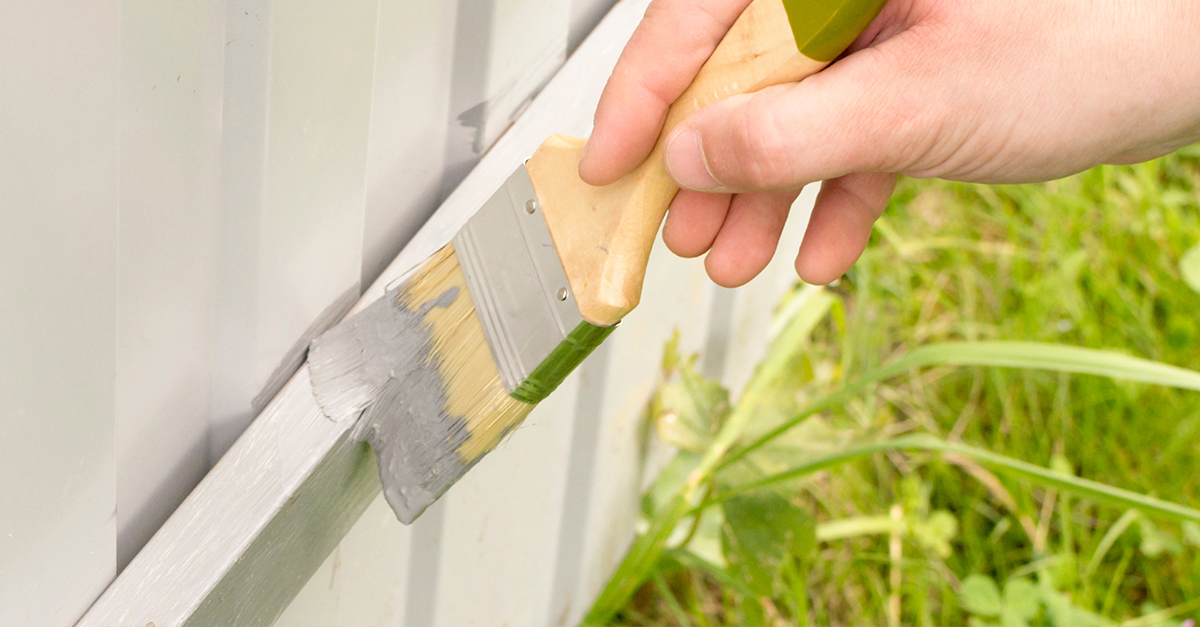
The average adult works approximately 1,700 hours a year (Source). Since so much time is spent at work, it’s best if you can enjoy your work and find a job where your unique skillset is useful. In 1970, Richard Nelson Bolles wrote a book called What Color Is Your Parachute?. The book continues to be a bestseller and has helped many people figure out what career(s) to pursue. As parents, part of our responsibility is to help our children figure out “what color their parachute is” by guiding them in that process of self-discovery.
One way that can be very helpful in determining the color of your parachute is to consider those activities that bring you into a flow state. Flow is a concept based on the work of psychologist Mihály Csíkszentmihályi. Flow is when you are absorbed in an activity that challenges you but that you find enjoyable, when you are completely lost in whatever you are doing to the point where you are not even self-aware. An author might enter a flow state while he writes, a painter while he paints, a gardener while he works in the garden, a mechanic while he fixes a car. Flow state can be summed up in that popular phrase, “do what you love; love what you do.” Parents, help your teens identify those activities that are intrinsically rewarding to them: chances are, if they enjoy the activity even without pay, it will be a job or career that they’ll enjoy with the added benefit of earning money.
As you guide your teenagers in thinking through what vocation they should pursue, begin with the big picture and then examine the small details; start with generalities and allow them to guide you into the specific details. For example, writing is a broad field. Journalism is a more specialized field, and investigative reporting is even more specific.
According to research highlighted by Malcolm Gladwell in his book Outliers: the Story of Success, it takes about 10,000 hours to achieve mastery in any given field. Current research suggests that no one is born a “Da Vinci” — it is only through dedicated and deliberate practice that we can become truly great at something. To quote the old adage, “practice makes perfect.” We as parents have the opportunity to encourage our children to grow in their unique skillset and to help them discover the true color of their parachute.
Part one of a four part series on work.
Part 1 – What’s the Color of Your Child’s Parachute?
Part 2 – Happiness and Earned Success
Part 3 – The Value of Work & Relaxation
Part 4 – Tips for Helping Your Kids Develop a Strong Work Ethic




[…] Part 1 – What’s the Color of Your Child’s Parachute? […]